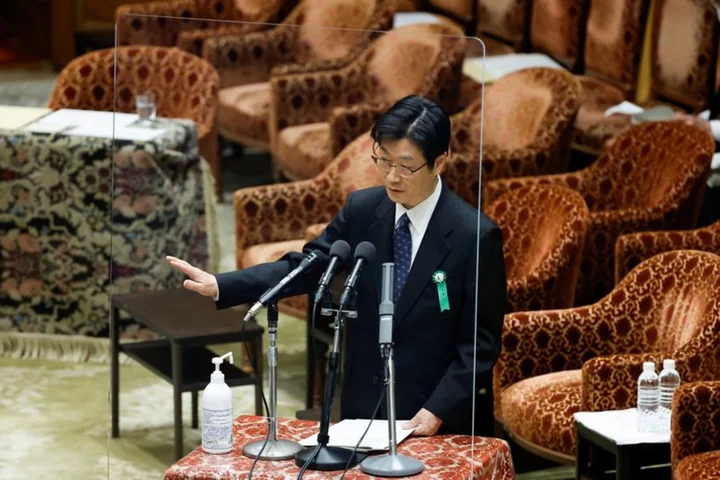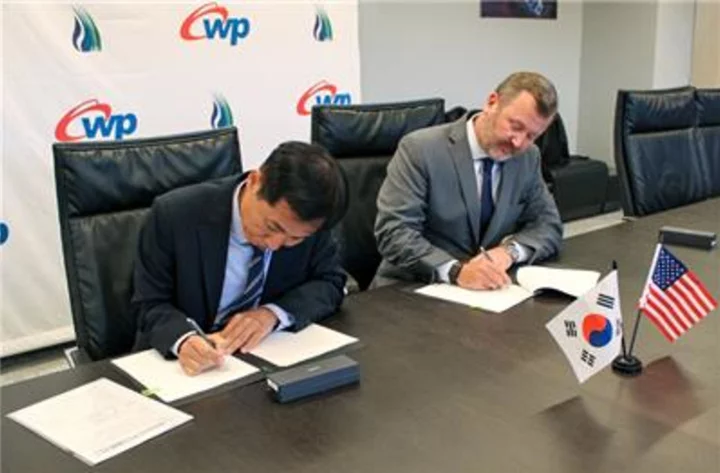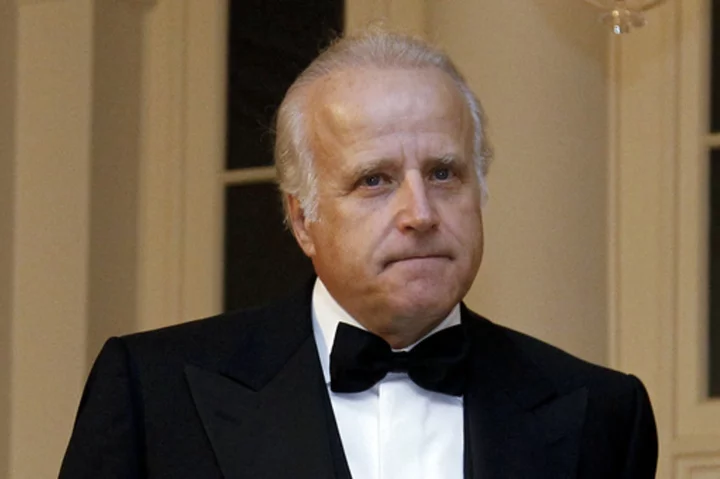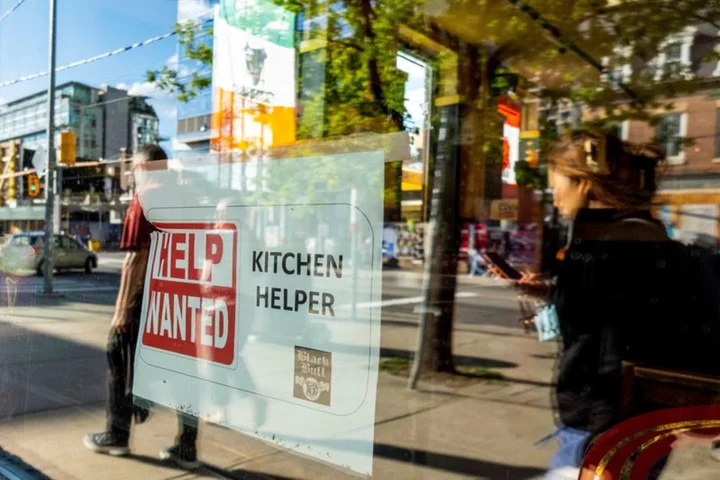By Leika Kihara
TOKYO The Bank of Japan's decision last week to tweak its bond yield control policy was aimed at making its massive stimulus more sustainable, not a prelude to an exit from ultra-low interest rates, its deputy governor Shinichi Uchida said on Wednesday.
Uchida also said there was still a long way to go before conditions fall in place for the BOJ to raise its short-term interest rate target from the current -0.1%.
The central bank last week stunned markets by modifying its yield curve control (YCC) to allow long-term interest rates to rise more freely in line with increasing inflation.
With corporate price-setting behaviour changing and inflation expectations showing signs of re-accelerating, the BOJ made the tweaks to balance the cost and benefits of YCC, Uchida said.
"Every policy has its positive effects, but it also always comes with costs. There is no free lunch for any policy," Uchida said in a speech.
"When inflation expectations rise, not only the easing effects but also the side effects strengthen. It is necessary to strike an optimum balance between the two," he said.
Given "extremely high" uncertainty over the economic and price outlook, the BOJ's decision to make YCC more flexible was aimed at sustaining ultra-loose policy, Uchida said.
"Needless to say, we do not have an exit from monetary easing in mind."
(Reporting by Leika Kihara; Editing by Jacqueline Wong and Shri Navaratnam)









